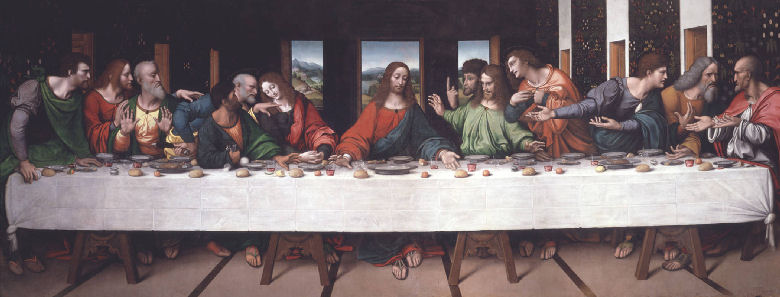264.WHY IS FRIDAY THE 13TH CONSIDERED UNLUCKY?
Man has always had superstitions about numbers and about days. Some were supposed to be lucky; some, unlucky. Why the number 13 came to be considered unlucky no one really knows, though there are some theories about it. One explanation has to do with Scandinavian mythology. There were 12 demi Gods. According to this legend, Loki appeared, making the 13th. Since Loki was evil and cruel and caused human misfortunes, and since he was the 13th demigod, the number 13 came to be a sign of bad luck.
Some people think the superstition goes back to the fact that there were 13 persons at the Last Supper, and that Judas was the 13th guest! Whatever its origin, the superstition about the number 13 is found in practically every country in Europe and America.
Superstitions about lucky and unlucky days are just as common as those about numbers, and Friday probably has more than any of them centering about it.
In ancient Rome, the sixth day of the week was dedicated to Venus. When the northern nations adopted the Roman method of designating days, they named the sixth day after Frigg or Freya, which was their nearest equivalent to Venus, and hence the name Friday.
The Norsemen actually considered Friday the luckiest day of the week, but the Christians regarded it as the unluckiest. One reason for this is that Christ was crucified on a Friday.
The Mohammedans say that Adam was created on a Friday, and according to legend, Adam and Eve ate the forbidden fruit on a Friday and they died on a Friday.
Superstitious people feel that when you combine the unlucky number 13 with the unlucky day Friday, you’ve really got an unlucky day!



Leave a Reply